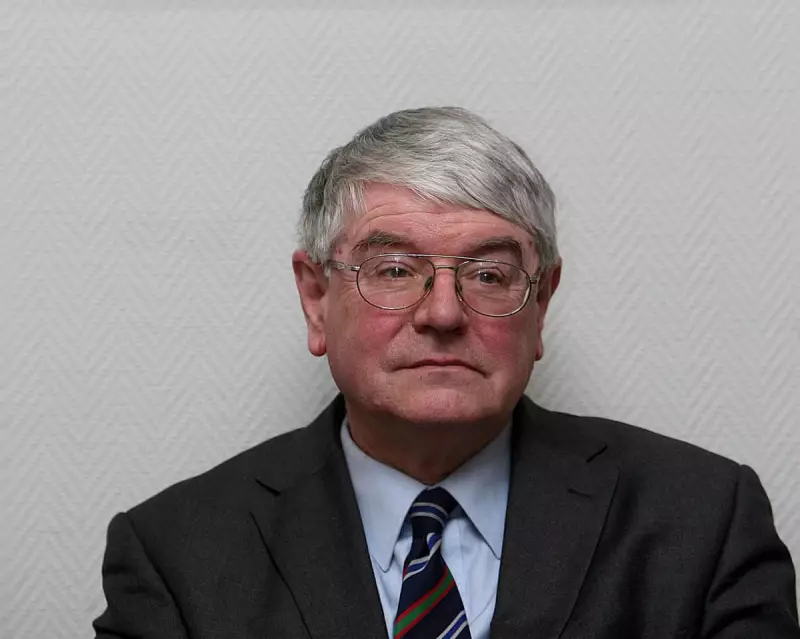
The political landscape of Ireland has lost one of its most influential yet understated figures with the passing of Martin Mansergh at 76. While never seeking the spotlight, Mansergh's intellectual contributions and diplomatic skills fundamentally shaped modern Irish history and transformed relations with Britain.
The Academic Turned Peacemaker
Born into Anglo-Irish aristocracy with a German mother, Mansergh brought a unique European perspective to Irish politics. His academic background at Christ Church, Oxford, and later at the European Commission, provided the perfect foundation for his future role as chief architect of the Northern Ireland peace process.
As political advisor to three successive Taoisigh—Charles Haughey, Albert Reynolds, and Bertie Ahern—Mansergh operated in the shadows, his quiet diplomacy proving instrumental in bridging seemingly impossible divides.
Secret Channels and Historic Breakthroughs
Mansergh's most crucial contribution came through his secret communications with the IRA and Sinn Féin leadership during the 1980s and 1990s. While publicly denouncing violence, he maintained backchannel contacts that would eventually pave the way for the IRA ceasefire and the Good Friday Agreement.
His intellectual rigour and historical understanding allowed him to draft speeches and position papers that carefully navigated the complex sensitivities of Anglo-Irish relations. Colleagues often remarked that Mansergh understood British political thinking as well as he understood Irish perspectives.
From Advisor to Elected Representative
In a surprising career shift, Mansergh entered electoral politics in 2002, serving as a Fianna Fáil senator and later as a TD for Tipperary South until 2011. Despite his aristocratic background, he proved remarkably effective at connecting with rural constituents.
His political career included serving as Minister of State at the Departments of Finance and Arts, where he brought the same thoughtful approach to economic and cultural policy that had characterised his peace process work.
A Legacy of Intellectual Courage
What set Mansergh apart was his willingness to challenge conventional wisdom. He openly criticised what he saw as the "excesses of free-market capitalism" and maintained that the 1916 Rising remained "fundamentally legitimate"—positions that sometimes put him at odds with his own party.
Former colleagues and political opponents alike have praised his integrity, intellectual honesty, and unwavering commitment to peaceful resolution. His passing represents the loss of a unique breed of politician—one who valued substance over spectacle and whose quiet achievements transformed nations.
Martin Mansergh's life demonstrates that the most significant political changes often come not from loud rhetoric, but from thoughtful dialogue, historical understanding, and the courage to build bridges where none seemed possible.





